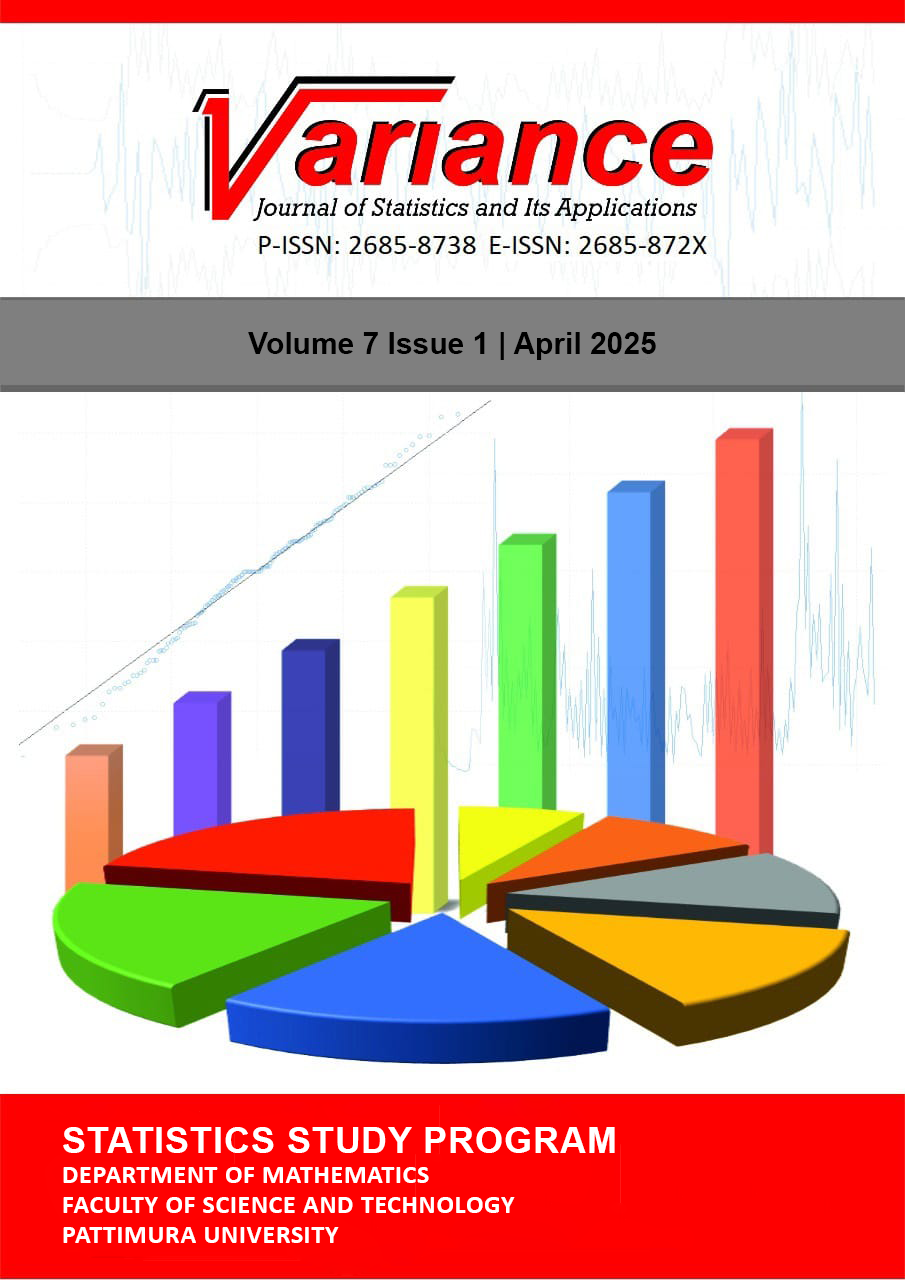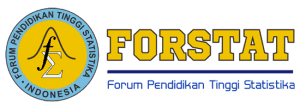IMPLEMENTATION OF LONG SHORT-TERM MEMORY (LSTM) IN FORECASTING THE NUMBER OF TRAIN PASSENGERS IN JAVA ISLAND
Abstract
For certain Indonesians, trains are a particularly popular form of land transportation. Every year, during specific seasons, this mode of transportation consistently experiences a surge in passenger numbers. Due to this, it is necessary to make accurate predictions to make policies, such as whether additional carriages are needed. The selection of prediction methods will significantly impact policymaking. One of the methods currently being developed for prediction is related to machine learning. This study aims to implement a forecasting method using machine learning that can be used to predict time series data. The machine learning used in this study is the Long Short-Term Memory (LSTM) method. In this study, we used time series data on the number of train passengers. The data used is secondary data from the Statistics Indonesia (BPS). The data analysis process in this study uses Python software. The results of this analysis show that the LSTM model has a high level of accuracy in prediction, indicated by the mean squared error value of 2,941,137.156 and MAPE of 0.07%. Forecasts show a gradual increase in the number of passengers, starting from 32,381 people in the first month to 33,068 people in the third month. These results indicate that the LSTM model is thought to be effective in predicting changes in the number of train passengers, and further research is needed to verify this assumption.
Downloads
Copyright (c) 2025 VARIANCE: Journal of Statistics and Its Applications

This work is licensed under a Creative Commons Attribution-NonCommercial-ShareAlike 4.0 International License.



 Editorial Team
Editorial Team
 Peer Review Process
Peer Review Process Focus & Scope
Focus & Scope Open Acces Policy
Open Acces Policy Privacy Statement
Privacy Statement Author Guidelines
Author Guidelines Publication Ethics
Publication Ethics Publication Fees
Publication Fees Copyrigth Notice
Copyrigth Notice Plagiarism Screening
Plagiarism Screening Digital Archiving
Digital Archiving





